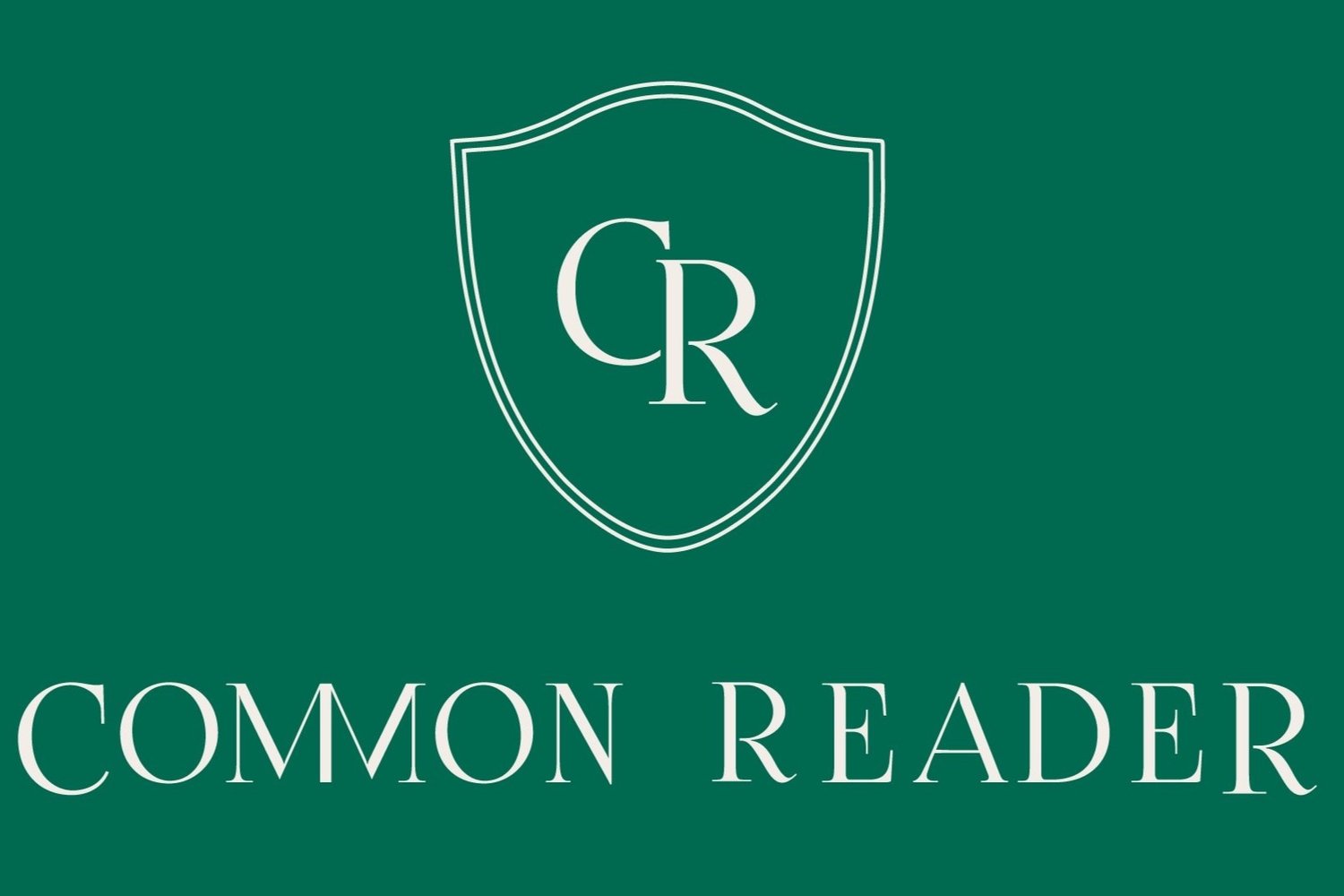
reading support
What’s available to boost my kiddo if they need help?
Many things! A boost might be applicable not only if the child is behind the expected developmental reading stage, but also if they are ahead.
Depending on the school your child attends, they will inevitably have an option for additional literacy support. Please don’t be shy to approach your classroom teacher with any queries.
The types of programs offered may range from onsite small group or one-on-one targeted instruction, onsite specialist sessions, or flexible small group work in the classroom.
Your classroom teacher or school principal will be able to give you more details & eligibility criteria. Help is definitely available.
need more details?
Certainly! We’ve sifted through the information & mixed it with personal experience to give you a guide of what to expect & what to ask your teacher. If you have concerns about possible dyslexia or another form of reading difference then we can help point you in the right direction.
“Building on strengths makes it easy for children to learn.”
— Marie Clay








